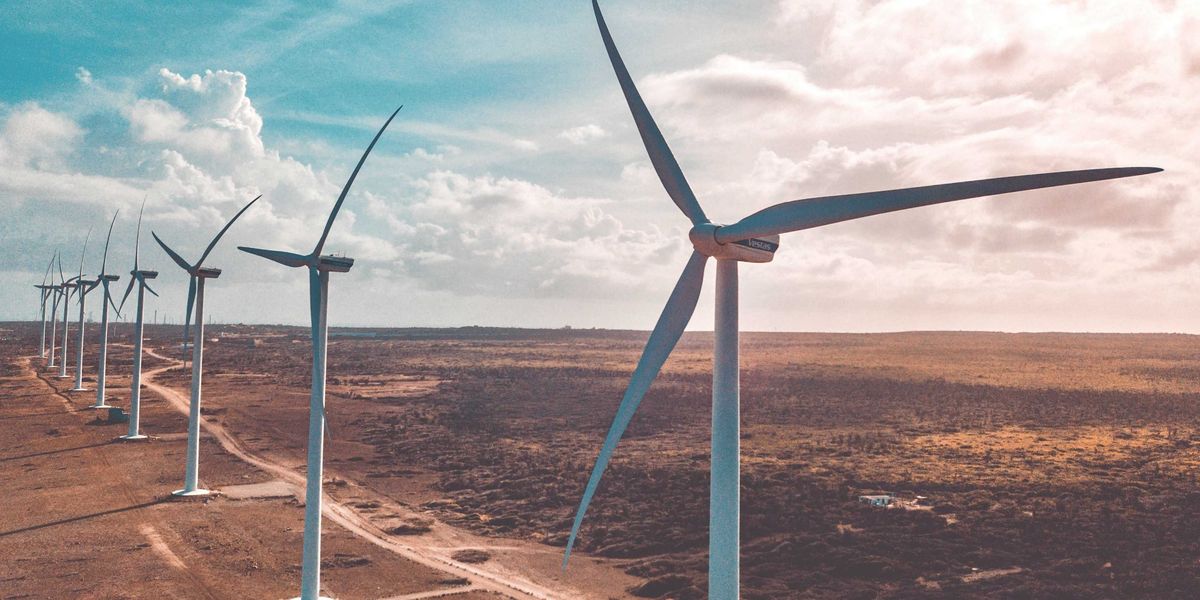economic
Degrowth movement challenges traditional views on economic growth
Economic growth, long seen as universally beneficial, is increasingly scrutinized by the rising 'degrowth' movement, which argues for reducing consumption to address inequality and environmental damage.
In short:
- Economic growth has primarily benefited the wealthy, prompting questions about its overall desirability.
- Advocates of degrowth, like Jason Hickel and Kohei Saito, argue that reducing economic activity can improve well-being and environmental health.
- Critics suggest a more balanced approach, recognizing both the benefits and ecological costs of growth.
Key quote:
“Degrowth is about reducing the material and energy throughput of the economy to bring it back into balance with the living world, while distributing income and resources more fairly.”
— Jason Hickel, anthropologist
Why this matters:
Degrowth proponents challenge the sustainability of continuous economic growth, emphasizing the need for systemic changes to combat climate change and social inequality. Critics of degrowth caution that such a shift could lead to economic instability and job losses, particularly in sectors reliant on high levels of production and consumption. This debate may influence policies on environmental conservation and economic justice.
Related EHN coverage:
Germany braces for social unrest over energy prices
Wind and solar power are 'bailing out' Texas amid record heat and energy demand
Warmer subsurface waters in Bay of Bengal likely fuelled Amphan super cyclone: Study
Amphan was the first super cyclone in the Bay of Bengal in the last 21 years. It was also the costliest tropical cyclone on record in the North Indian Ocean, with reported economic losses of approximately $14 billion in India, according to the World Meteorological Organization.
Many measures of Earth’s health are at worst levels on record, NOAA finds
A fatal virus and a massive economic downturn did not stop planet-warming gases in the atmosphere last year from rising to their highest levels in human history, researchers say.
Oil trade group is poised to endorse carbon pricing
Funding for climate disasters 'failing' those most vulnerable, says IFRC
The number of disasters caused by extreme weather and climate-related events is surging, the International Federation of Red Cross and Red Crescent Societies says, but funding is not getting to where it is most needed.









